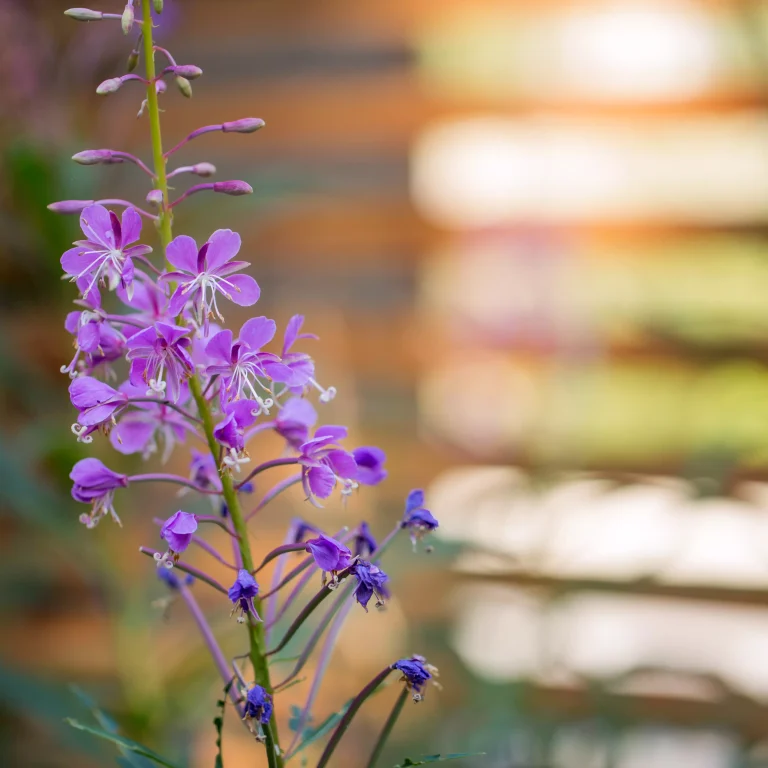At the Juniper, our landscaping is more than just decorative. We choose native plant species that thrive in the Rocky Mountain landscape and support the entire local ecosystem.
Take a close look at the trees around the hotel and parking area. Do you notice any markings on the bark? Wide strips of missing bark that are close to eye level may have been eaten by local deer or elk. If you see groups of narrower scratch marks that carry on higher up the trunk, that’s a sign a bear has been climbing! Our property backs onto the Mount Norquay wildlife corridor, so we often see wild creatures passing through. Small, deep holes in the trees are the work of woodpeckers. Keep your ears open for the distinctive knocking sound that means they are hard of work.
As well as the Juniper shrubs that lend their name to the hotel, you’ll also find Kinnikinnick (Arctostaphylos uva-ursi), which was smoked by Indigenous peoples and early explorers, Silverberry (Elaegnus commutata) with beautiful striped seeds traditionally dried and used as beads, and Brown-eyed Susan (Gaillardia aristata), an edible flower prized for its medicinal properties. There are many other species to discover; keep an eye out for the green information signs to learn more as you explore the grounds.
If you live in the region and would like to bring some native planting to your own garden, a variety of wildflower seeds from our plants are available in the summer season for purchase at the Front Desk.
Our native plant gardens are the perfect place for native bees to feed and pollinate. Unlike honey bees, native mason bees don’t build hives; they lay eggs in holes and cracks in wood and rock, then ‘cement’ the entrance closed to keep them safe until they hatch.
Since we’re in the business of providing comfy accommodation, we create extra homes for the bees in our garden’s bee houses. Look out for small holes drilled into logs around the property – if the entrance is sealed, you’ll know a bee has already checked in!
